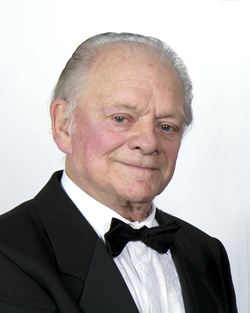A Quote by Helen Mirren
I prefer the finesse of French humour. English humour is more scathing, more cruel, as illustrated by Monty Python and Little Britain.
Quote Topics
Related Quotes
The true and lasting genius of humour does not drag you thus to boxes labelled 'pathos,' 'humour,' and show you all the mechanism of the inimitable puppets that are going to perform. How I used to laugh at Simon Tapperwit, and the Wellers, and a host more! But I can't do it now somehow; and time, it seems to me, is the true test of humour. It must be antiseptic.
It was not possible for us to produce the same optimism and the same kind of humour or irony. Actually, it was not irony. Lichtenstein is not ironic but he does have a special kind of humour. That's how I could describe it: humour and optimism. For Polke and me, everything was more fragmented. But how it was broken up is hard to describe.
You hear people talking about a Scottish sense of humour, or a Glaswegian sense of humour, all sorts of countries and cities think that they've got this thing that they're funny. I read about the Liverpudlian sense of humour and I was like, 'Aye? What's that then?' You get that and you especially hear about a dark Glaswegian sense of humour.
The British have turned their sense of humour into a national virtue. It is odd, because through much of history, humour has been considered cheap, and laughter something for the lower orders. But British aristocrats didn't care a damn about what people thought of them, so they made humour acceptable.



































